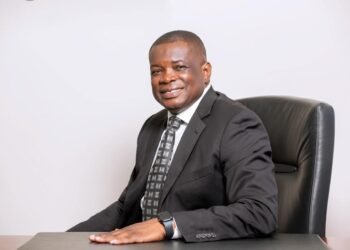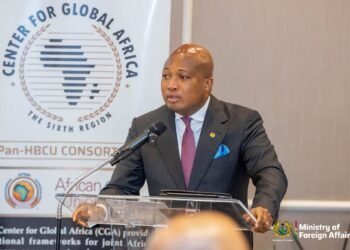Hon. Rockson-Nelson Dafeamekpor, Member of Parliament for South Dayi, has criticized a letter sent by Hon. Alexander Afenyo-Markin to former President John Mahama regarding the assumption of duties of Dr. Johnson Asiamah as the new Governor of the Bank of Ghana (BoG).
In the letter, Afenyo-Markin raised concerns over the legality of Dr. Asiamah’s assumption of duties at the central bank before receiving formal approval from the Council of State.
Afenyo-Markin argued that this action was unconstitutional and should be discouraged as it could set a dangerous precedent.
However, Dafeamekpor strongly disagreed with Afenyo-Markin’s position, asserting that the appointment process is entirely legal and consistent with both the Constitution and the Bank of Ghana Act.
He emphasized that the appointment of the Governor does not require any formal approval from the Council of State, contrary to Afenyo-Markin’s claims.
Dafeamekpor noted, explaining that the law does not prescribe any specific procedure for the Council of State to offer advice to the President on public office appointments.
“Let’s set the law. The President in pursuance of Art 183(4)(a) of the Constitution appointed Dr Asiamah as BoG boss. The same power is conferred on the Prez by Sec 17(1)(a)of the BoG Act, 2002, Act 612 (as amended by Act 918, 2016. 3.
“The Council of State is a creature of the Constitution and further enacted into law by Act 1037, 2020. This law provides no formula for offering its advice or ‘manner of delivering its consultation’ to the Prez regarding appointments into public office”.
Hon. Rockson-Nelson Dafeamekpor
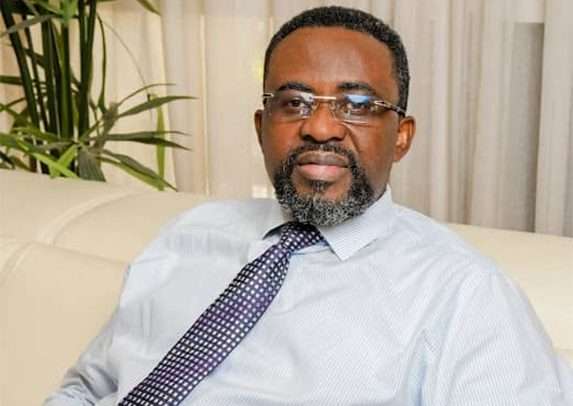
Despite Afenyo-Markin’s objections, Dafeamekpor was quick to point out that there had been no legal breach in Dr. Asiamah’s assumption of office.
Accordingly, he pointed out that Afenyo-Markin’s letter questioning Dr. Asiamah’s official presence at the BoG was misplaced because there was no legal violation.
Constitutional Backing of Bank of Ghana Governor Controversy Explained
Furthermore, Hon. Rockson Dafeamekpor pointed out that there is a distinct legal difference between the phrases “prior approval” and “in consultation with,” both of which were intentionally used by the framers of the Constitution.
Dafeamekpor explained that while the term “prior approval” requires Parliament to vet nominees through a formal screening process, the term “in consultation with” allows the President to consult with the Council of State without the need for a formal vetting procedure.
He expressed confidence that the Council of State, although it does not conduct such a vetting process, has its own method of fulfilling the constitutional requirement for consultation.
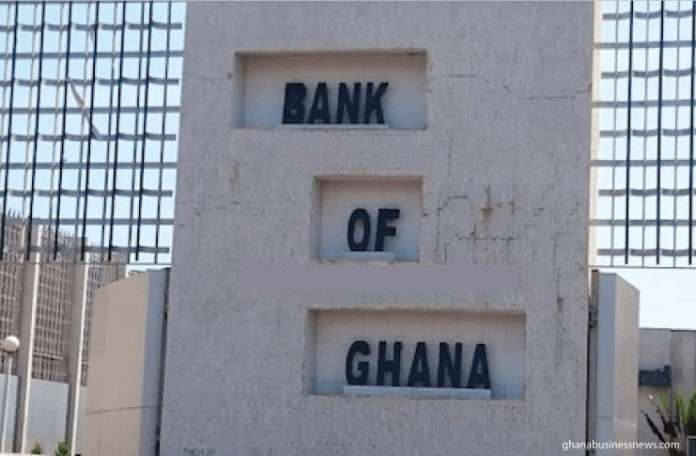
“Now, it’s curious that Hon Afenyo Markin is lamenting the official presence of the new Governor at BoG yet he was unable to point to any law that has been breached in that regard.
“The Hon Afenyo Markin knows that no law has been fouled by the conduct of the new Governor because he litigated this similar matter in 2016 and lost”.
Hon. Rockson-Nelson Dafeamekpor
In reference to the case GBA & Ors vrs. AG & Ors [2016], in which Afenyo-Markin had represented the plaintiff, Dafeamekpor recalled a crucial point made by Justice Dotse in a concurring opinion.
The ruling stated, “In conclusion, I want to reiterate the point that, whilst the President is mandated to seek the advice of the Judicial Council, and consult with the Council of State in the appointment process of Supreme Court Judges with the approval of Parliament, those advisory opinions are not binding on the President.”
Accordingly, Dafeamekpor interpreted this ruling to mean that, according to the Supreme Court, any advice from the Council of State is not legally binding on the President.
This, he argued, makes Dr. Asiamah’s appointment as BoG Governor a “fait accompli,” despite the pending advice from the Council of State.
Dafeamekpor added that the Supreme Court’s clarification had already settled the issue in favor of the President’s authority over such appointments.
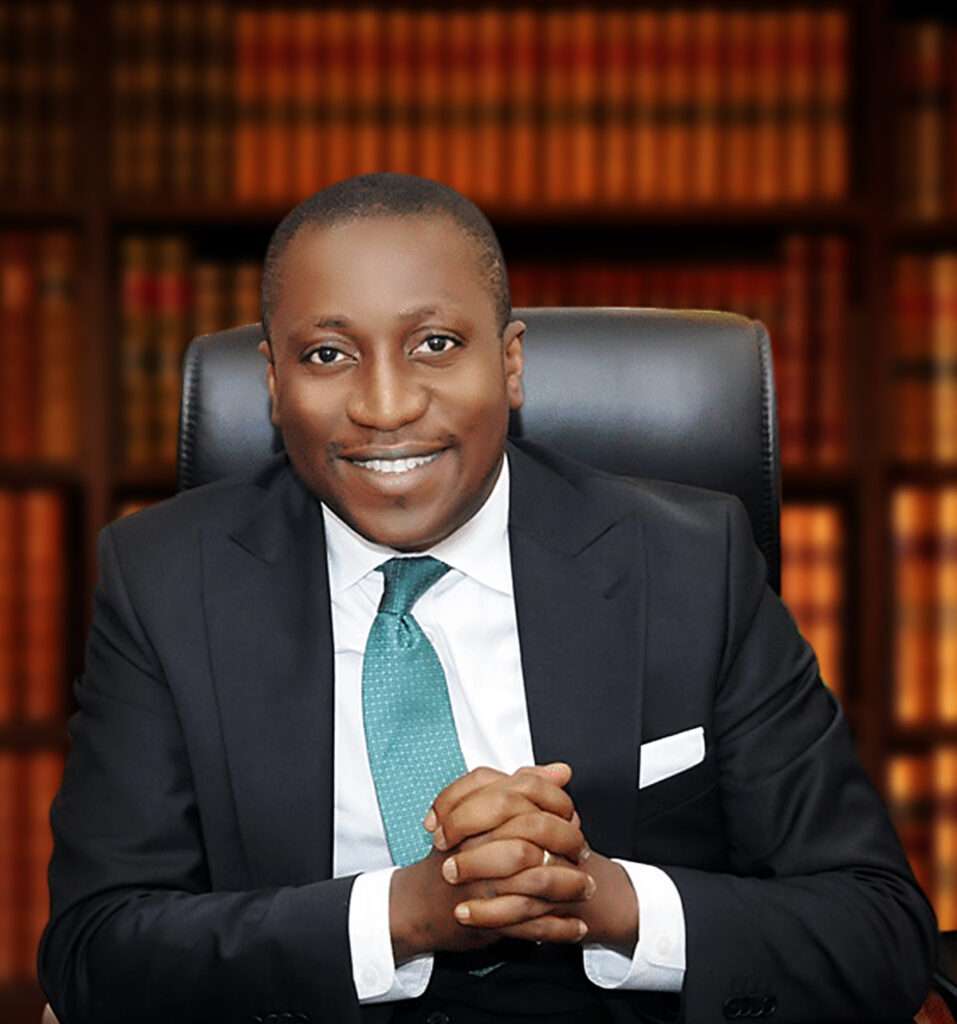
Interestingly, Dafeamekpor also pointed out a contradiction in Afenyo-Markin’s letter.
He noted that while Afenyo-Markin had expressed concerns over Dr. Asiamah’s official duties at the BoG, he also suggested that the new Governor could receive briefings while awaiting confirmation.
This, according to Dafeamekpor, raises serious questions about the consistency of Afenyo-Markin’s argument. “So, you see people, this letter was nothing but hot air. He fell into an error of law”.
“In what form and manner will any such briefings take? Wouldn’t it be in a meeting? And won’t such meetings be held in BoG premises?”
Hon. Rockson-Nelson Dafeamekpor
The ongoing dispute between these two political figures has stirred up significant public debate about the legality of appointments to key positions within Ghana’s government.
While Afenyo-Markin continues to argue that Dr. Asiamah’s appointment is unconstitutional, Dafeamekpor firmly defends the legal standing of the appointment, asserting that the President acted within his constitutional powers.
As the debate continues, it brings into focus the complex relationship between the executive, legislative, and advisory bodies in Ghana.
The President’s power to make appointments, particularly for positions like the Governor of the Bank of Ghana, is a critical element of the country’s governance system.
This legal dispute will likely remain a topic of discussion as Ghana’s political and legal institutions continue to evolve.
The ultimate question is whether Afenyo-Markin’s claims about unconstitutional actions hold any weight, or whether Dafeamekpor’s defense of the appointment process will prevail as the legally sound interpretation.
READ ALSO: AY Makun Reacts To AI Video Scandal With May Edochie




